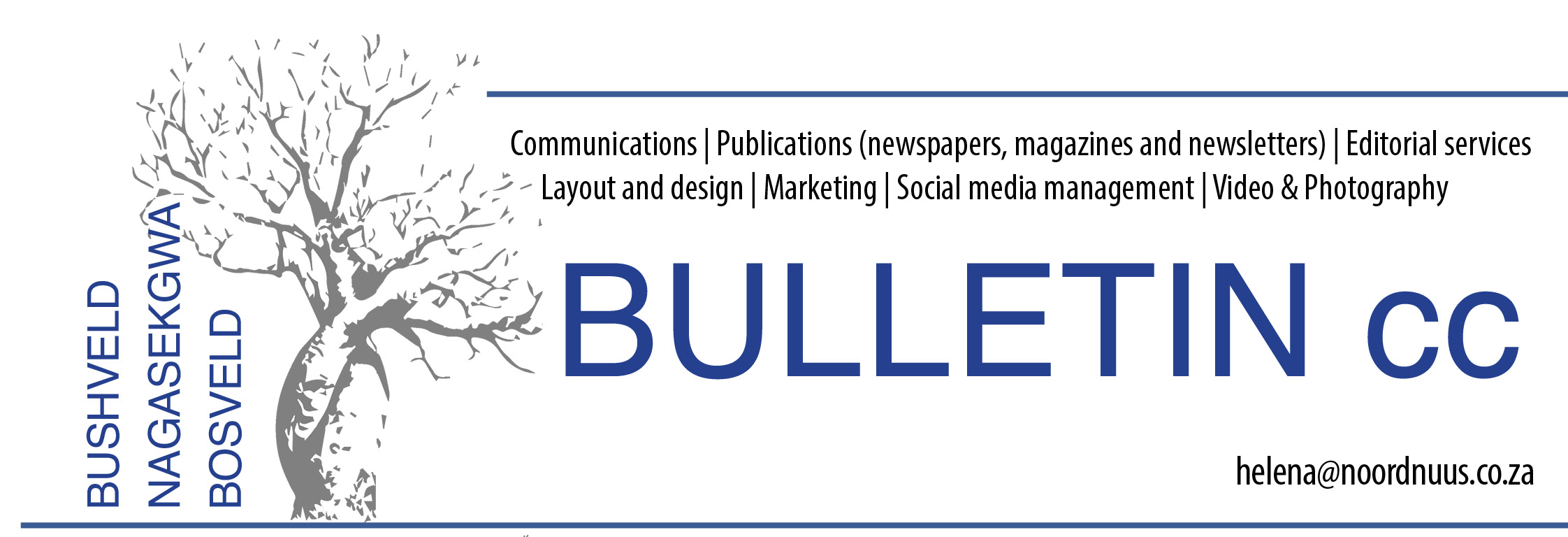Reading crisis: we have reason to be concerned!

Minda Marshall
Minda is the co-director and co-owner of ‘Lectorsa, a leading research, and development company (based in Mokopane, Limpopo) that supplies solutions internationally to the education and training market.
Minda specializes in generating timeous solutions addressing future challenges and demands in the marketplace and under her guidance she leads specialist teams to deliver first-to-market solutions grounded in scientific research with precision developed algorithms embedded in the newest technology available.
Her journey in establishing Lectorsa began with a quest to understand and enhance the measurable aspects of the interaction between the eyes and the brain. Minda’s extensive research in this field led to the development of a world-class, leading-edge, CLOUD-based solution that considers all the factors involved in reading and packages this together with individually focused algorithms to ensure the best improvement on all levels for each user.
Under her dynamic leadership the Lectorsa team launched LAB-on-line in 2011 and since then this solution has proven to be an effective intervention to develop the crucial skills needed for academic acceleration. Up to date, LAB-on-line has assisted more than 85 000 users to maximise and improve their skills and to thrive in an ever-changing world.
A staggering 78% of Gr 4 children in South Africa cannot read for meaning, according to the Progress in International Reading Literacy Study (PIRLS) that was released in December.
“This suggests that the majority of learners cannot read well enough to succeed in subjects across the curriculum in Gr 4 and higher grades,” said Prof Sarah Howie, National Research Coordinator (NRC) for PIRLS 2016 South Africa.
Director of Lectorsa, Minda Marshall, shed some light on this gloomy matter.
What do you believe is the reason why 8/10 Gr 4 children in SA cannot read for meaning?
In the first three years of schooling, children are taught how to read. This is the time in reading development when a love for reading and an excitement about new information should be encouraged. During this phase of development, the sounds we hear in spoken language are transferred to a written symbol system. We can call this phase of development the Learn-to-Read phase.
From Gr 4 children should progress to the Read-to-Learn phase, moving from ‘sounding’ out words to being able to ‘recognize and decipher’ words, sentences, paragraphs and even whole chapters and constructing the meaning of the text on different levels of comprehension.
Our research across more than 30 years has shown that this transition is becoming weaker and weaker and is now at a stage where it seems to not take place accurately or efficiently enough - thus the reason why so many children are struggling. It is, however, important to note that our research has proven that even University students are struggling with this. If this ‘bridge’ in reading and comprehension development is not crossed, the reader becomes ‘stuck’ and cannot interact with information in a sensible and constructive manner.
This struggle can be attributed to the increasing GAP between the set curriculum and students’ ability to absorb and learn the amount of information. Students are not being taught the value of reading, nor are they being lead to develop the skills for reading fluency and the strategies needed for comprehension in order to learn, retain and use that information.
In your opinion, is there a solution to this crisis?
Definitely. Accurate intervention and targeted development of crucial skills can make a significant difference in the academic future of our students. This has been proven, in 2017 alone, in a project where more than a 1000 Gr 4’s from schools in SA were enrolled in our on-line solution, LAB-on-line.
These students were able to improve their Cognitive Development Factor (measured in % of comprehension) with 17%, their Visual Processing Factor (measured in words per minute) increased from 83 – 185 and their Action, Interpret and Understand skill level (combined VPF and CDF multiplied) improved with five years. This means that when these Gr 4’s completed the placement test at the beginning of the year, their skill level was measured at 0, below Grade 1 level and after completing LAB-on-line their skill level had increased with 5 years – even beyond the expected outcome.
Is reading development completed at the end of Primary School?
No, even up to the end of the final year of schooling, training in reading skills is important to develop the full potential of learners and students. In fact, reading skills are never completely perfected; even into college and adult life one is still developing advanced reading skills. With every new phase of life, we are faced with new challenges, and even more so with the advent of Industry 4.0 – the fourth Industrial Revolution.
Why is reading important?
Reading serves as a building block upon which all other learning takes place. Reading gives us the keys to unlock new information, to create new knowledge and to change the world we live in.
Minda concluded by saying: “These statistics do not make me despondent – rather excited, because I know there is a solution to this problem. We’ve already witnessed what is possible. It is our vision at Lectorsa to pave the way to a better future through cutting-edge education.
We are looking forward to joining hands with capable and passionate individuals and companies to cause a Reading Revolution in our nation!”
Readers can visit their website at www.lectorsa.com or contact them at 082 820 3745 for more information on their on-line intervention
Credit:
http://www.up.ac.za/media/shared/164/ZP_Files/pirls-literacy-2016-hl-report-3.zp136320.pdf
http://timssandpirls.bc.edu/pirls2016/international-results/












0 Comments